Thursday, January 11, 2024, 9:00 AM-12:00 PM, Convention Center - 103A, Washington, DC
Kaan Ozbay, New York University, presiding
Sponsored by TRB Traffic Simulation Committee (ACP80)
For any questions, contact Zilin Bian (Coordinator), zb536@nyu.edu
Workshop Description
Although the idea of pairing simulation with traffic operations is not new, the development and deployment of digital twins have been gaining popularity among transportation practitioners and researchers. This workshop will cover the past and current application of digital twins and future opportunities with a focus on a plethora of applications ranging from traditional traffic signal control to more ambitious city-wide management and planning of various mobility solutions. The role of artificial intelligence and machine learning to handle input and output requirements will also be discussed.
Detailed Agenda
Session 1: An Overview of the Past, Present and Future of Digital Twins for Transportation Research, Pilot Testing and, Deployment
9:05 am-10:05 am
Meenakshy Vasudevan, Noblis, Washington, DC
“Digital Twins of the Past – Using Traffic Simulation for Real-Time Traffic Operations”
Linda Boyle, New York University, NY
“Creating a Digital Twin for the Driver: Insights for the Design of Human-autonomous Vehicle Interfaces”
Break: 10:05 am – 10:10 am
Session 2: Current Research & Implementation Examples of Digital Twins: From Computer Simulation to Physical Test Beds
10:10 am – 11:30 am
Haowei Sun, University of Michigan, MI
“TeraSim: A fast and realistic simulator for safety testing of autonomous vehicles”
Klaus Bogenberger, Technical University of Munich, Germany
“Experimental Digital Twins: Unlocking Insights for Multimodal Transportation Systems through Targeted Data-Collection”
Panel Discussion: What are the Opportunities and Challenges for Digital Twins from the Perspective of Academia, Agency, and Industry?
11:30 am – 12:00 pm
Moderator: Kaan Ozbay, New York University, NY
Panelists:
Hari Sripathi, Virginia Department of Transportation (VDOT), VA
Mohammed Hadi, Florida International University, FL
Satya Muthuswamy, KLD Engineering, P.C., NY
Speakers and Moderator
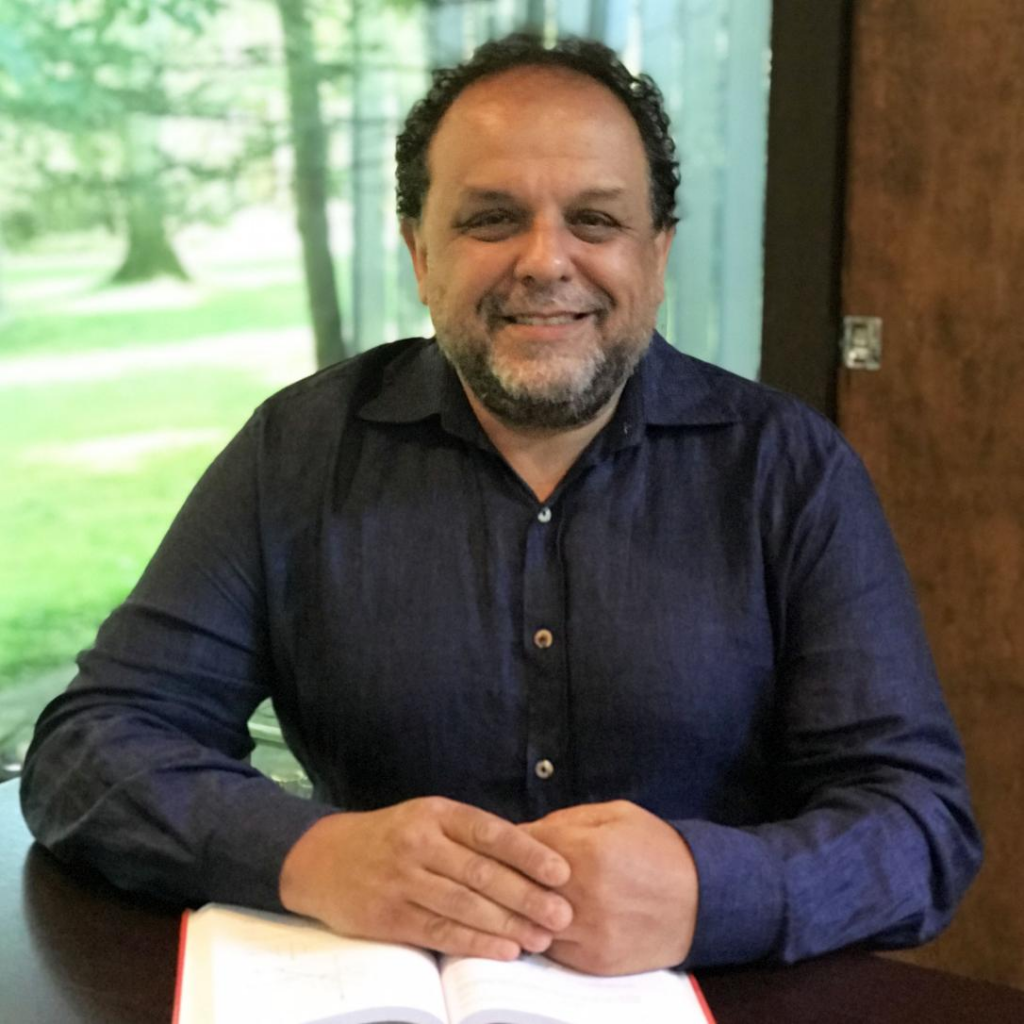
Dr. Kaan Ozbay is a tenured Full Professor and the founding Director of the C2SMART USDOT Tier I University Transportation Center led by NYU. Dr. Ozbay was a tenured full Professor at the Rutgers University Department of Civil and Environmental Engineering until July 2013. Dr. Ozbay is the recipient of the prestigious National Science Foundation (NSF) CAREER award. He co-authored 4 books and published approximately 400 refereed papers in scholarly journals and conference proceedings. Most recently, Prof. Ozbay co-edited a book titled “Dynamic Traffic Control Ramp; Guidance” published by Springer Verlag’s “Complex Social, Economic and Engineered Networks” series. He is a member of the editorial board of the ITS journal and serves as the Associate Editor of Networks and Spatial Economic and Transportmetrica B: Transportation Dynamics journal.

Dr. Meenakshy Vasudevan is the Research and Innovation Lead for the Surface Transportation Division at Noblis. She has served as a Principal Investigator or technical advisor on numerous research and development tasks, sponsored by the USDOT. She is an expert in experimental design and the use of traffic simulation tools and AI/ML techniques to evaluate emerging technologies and policies. She is currently helping the ITS JPO in developing a comprehensive national plan for deployment of interoperable connectivity. She has authored several peer reviewed journal articles and conference papers, and federal guidance/best practices, technical reports, and national trainings. She has a PhD from the University of Maryland, College Park. She is a Member of the Transportation Research Board Traffic Simulation Committee.
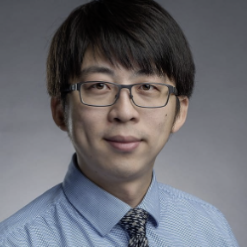
Dr. Jiaqi Ma is an Associate Professor at the UCLA Samueli School of Engineering, Director of FHWA Center of Excellence on New Mobility and Automated Vehicles, and Associate Director of UCLA Institute of Transportation Studies. He has led and managed many research projects funded by USDOT, NSF, state DOTs, and other federal/state/local programs covering areas of smart transportation systems, such as vehicle-highway automation, ITS, connected vehicles, shared mobility, and large-scale smart system modeling and simulation, and AI applications in transportation. He is Editor-in-Chief of the IEEE Open Journal of Intelligent Transportation Systems, and Associate Editor of Nature Scientific Reports, Journal of Intelligent Transportation Systems, ASCE Open, and Transportation Research Part C. He is Member of TRB Standing Committee on Vehicle-Highway Automation, Member of TRB Standing Committee on Artificial Intelligence and Advanced Computing Applications, publication board member of IEEE ITS Society, and Co-Chair of the IEEE ITS Society Technical Committee on Smart Mobility and Transportation 5.0.
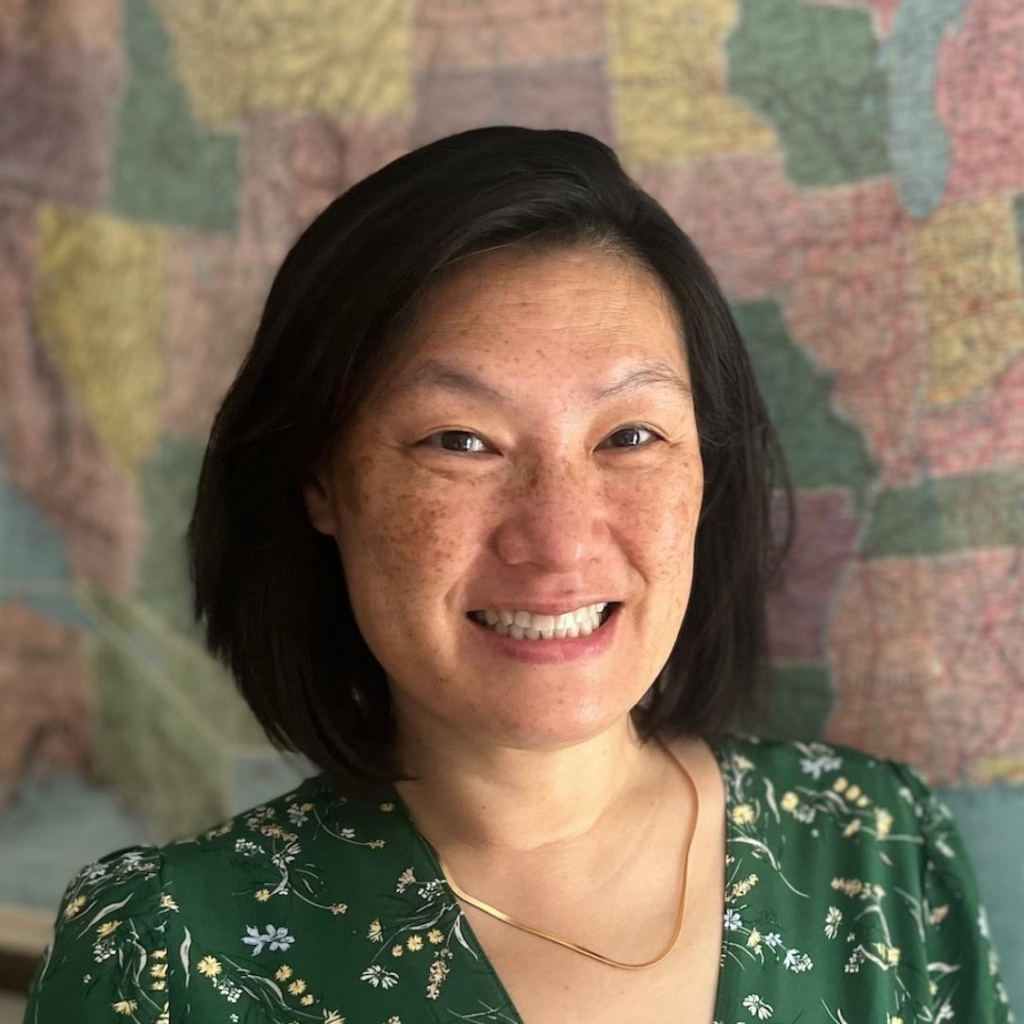
Dr. Linda Boyle serves as the key leader in the dean’s office for research strategy, development, and operations and is responsible for working collaboratively with faculty, school and university leadership; department chairs; center directors; staff; and external partners in industry to develop, grow, and advance Tandon’s research initiatives and facilitate the development of new research centers and initiatives in support of Tandon’s strategic vision. Before joining Tandon, Linda was Professor and Chair of Industrial and Systems Engineering at the University of Washington, with a joint appointment to the college’s Department of Civil and Environmental Engineering. Prior to that, she was an Associate Professor at the University of Iowa and a senior researcher at the U.S. Department of Transportation’s Volpe Center. An NSF CAREER Award laureate, she sits on the Transportation Research Board committees on Vehicle User Characteristics and Statistical and Econometric Methods, and is a member of the National Academies Board on Human–Systems Integration. She is a Fellow of the Institute of Industrial and Systems Engineers (IISE) and the Human Factors and Ergonomics Society (HFES).

Haowei Sun is currently pursuing his doctoral studies in Civil Engineering at the University of Michigan, Ann Arbor. Before embarking on his Ph.D., he received his Bachelor’s degree from Tsinghua University in 2019. Haowei’s research is primarily focused on safety performance testing of autonomous vehicles, which involves the development of naturalistic driving simulators, accelerated evaluation of AV safety performance, and AV safety metrics. His work has been published in Nature and Nature Communications and covered by a number of media outlets.
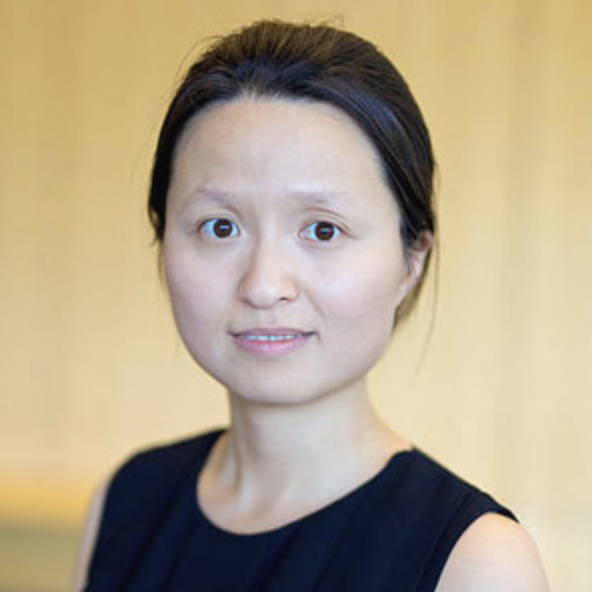
Dr. Xuan (Sharon) Di is an Associate Professor in the Department of Civil Engineering and Engineering Mechanics at Columbia University in the City of New York and serves on a committee for the Smart Cities Center in the Data Science Institute. Dr. Di directs the DitecT (Data and innovative technology-driven Transportation) Lab. Her field of research is transportation systems engineering, with a focus on reshaping technological innovation for social good. Her research lies at the intersection of game theory and machine learning. She specializes in autonomous vehicle control in mixed traffic, cyber physical transportation systems, multi-modal mobility optimization, and transportation and health, using innovative tools including physics-informed deep learning and mean-field games. Dr. Di received her Ph.D. degree from the Department of Civil, Environmental, and Geo-Engineering at the University of Minnesota, Twin Cities. Prior to joining Columbia, she was a Postdoctoral Research Fellow at the University of Michigan Transportation Research Institute (UMTRI).
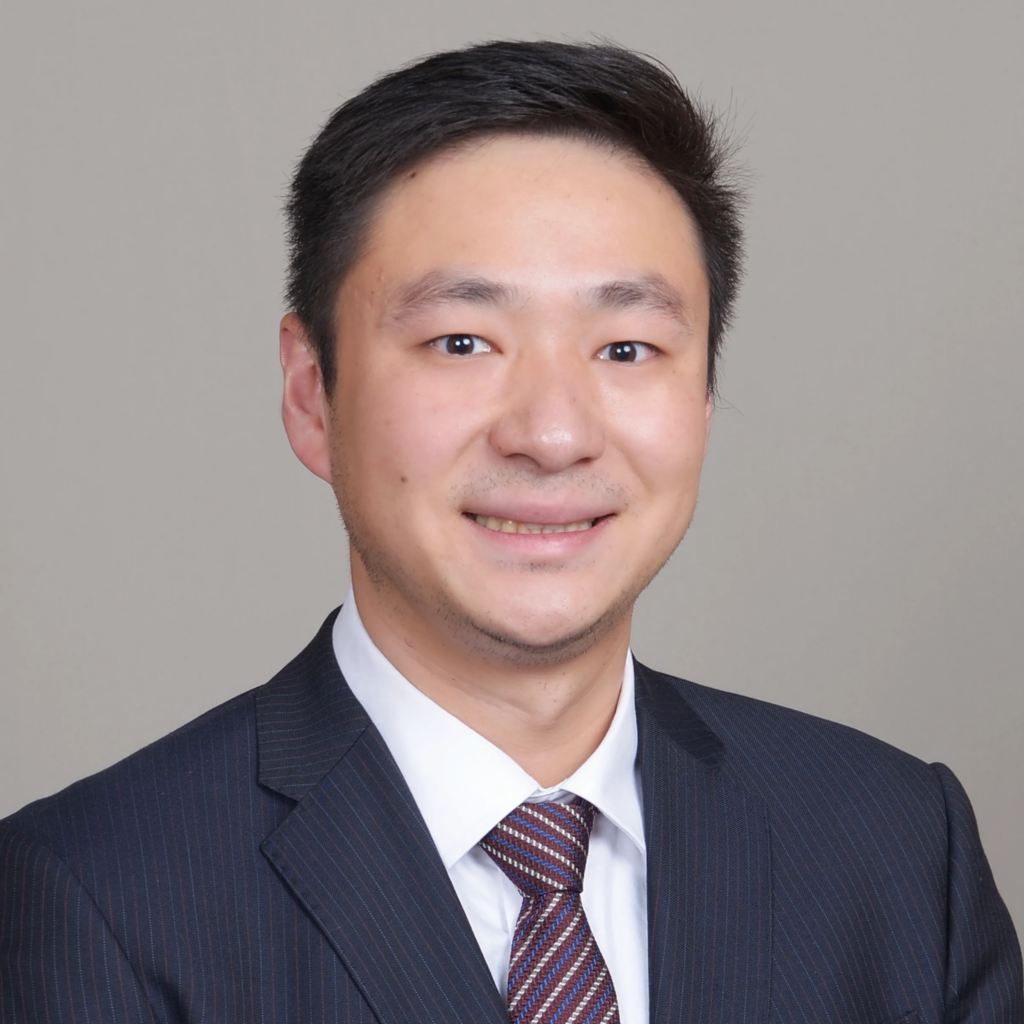
Dr. Ruimin Ke embarked on his journey at RPI as an Assistant Professor in August 2023. He was a faculty member at the University of Texas at El Paso from 2021 to 2023. Dr. Ke possesses profound expertise in intelligent transportation systems (ITS), with a specialization in developing machine learning algorithms and edge computing systems tailored for ITS applications. Dr. Ke’s academic background includes a Ph.D. and M.S. in Transportation Engineering from the University of Washington, an M.S. in Computer Science from the University of Illinois Urbana-Champaign, and a B.E. in Automation from Tsinghua University. His scholarly contributions to the field comprise over sixty peer-reviewed papers, a published book, and a few patents. He has led projects funded by the National Science Foundation, US Department of Transportation, and North America Development Bank, among others.
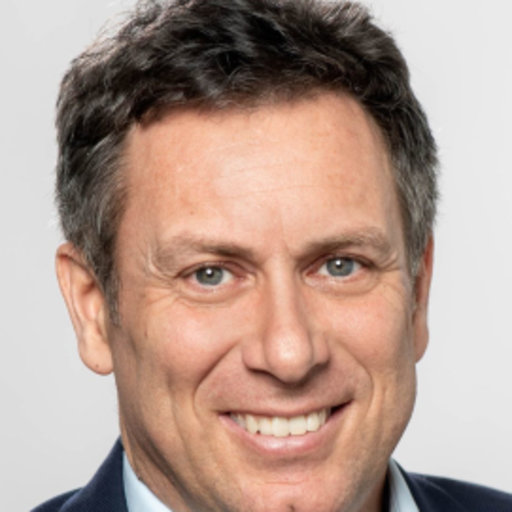
Dr. Klaus Bogenberger is a Professor of traffic engineering with the Technical University of Munich. He focuses on traffic flow theory in urban road networks and motorways. In particular, new data sources such as vehicle or drone data are used for mathematical modeling. Traffic simulations based on the resulting models are used to analyze the traffic effects of emerging technologies, such as autonomous vehicles or new control processes. His research is currently focused on developing innovative traffic control methods that incorporate vehicle data and improve the traffic situation for pedestrians and cyclists. For years he has also been dealing with procedures for analyzing the quality of traffic information. Other research focuses are sharing systems and new forms of local public transport, such as on- demand mobility, robot taxi systems, and urban cable cars.
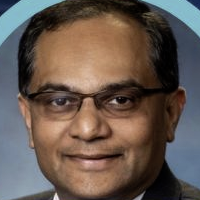
Hari Sripathi, P.E. is the Director for the Office of Strategic Innovations at Virginia Department of Transportation (VDOT). His office leads transformative programs such as Data Science, Digital Twins, and also promote and champion innovation all across VDOT. He has 29 years of Engineering, Traffic Management, and Technology experience. After working in private sector, he joined VDOT 23 years ago and had the opportunity to lead many programs in VDOT. He has a Master’s degree in Civil Engineering and he is a Registered Professional Engineer in Virginia.
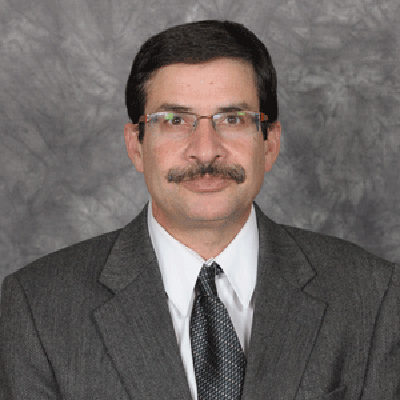
Dr. Mohammed Hadi, PE is a Professor at FIU. His experience covers a wide variety of transportation engineering areas with emphasis on transportation system management and operations, Intelligent Transportation Systems (ITS), simulation and DTA, data analytics, performance measurements, planning for operations, and connected vehicles. Dr. Hadi is the chair of the TRB joint simulation subcommittee and a member and the research coordinator of the TRB Traffic Flow Theory and Characteristics Committee. He is a past member of the TRB Highway Capacity and Quality of Service Committee and the TRB ITS committee. He is a member of ITS Florida Board of Director.
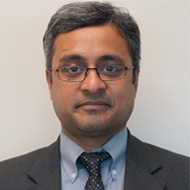
Satya Muthuswamy is the president of KLD Engineering, P.C., He has extensive experience with projects in traffic engineering and ITS. He has a strong background in the development and application of traffic simulation models in multiple resolutions and scale. His experience includes analysis of facilities such as bridges, tunnels, arterial grids & corridors, markets, and transit operations using both off-the shelf and customized simulation tools. He has worked on projects such as Midtown In Motion, the I-278 Brooklyn Queens Expressway (BQE), Lincoln Tunnel Helix, Port Authority’s Bus Terminal, Queensboro Bridge, and Restoring the George. He is familiar with numerous traffic analysis tools such as Aimsun, Vissim, TransModeler, CORSIM, WATSim, DTALite, Synchro/SimTraffic, & SUMO and has been developing “digital twins” using such tools for both traffic planning and traffic operations.
